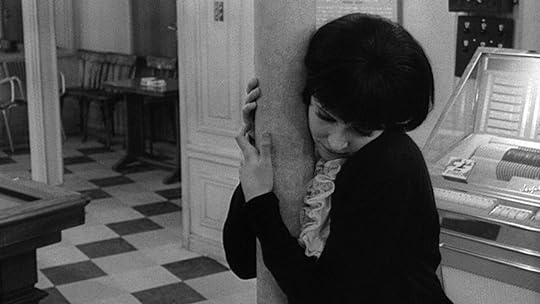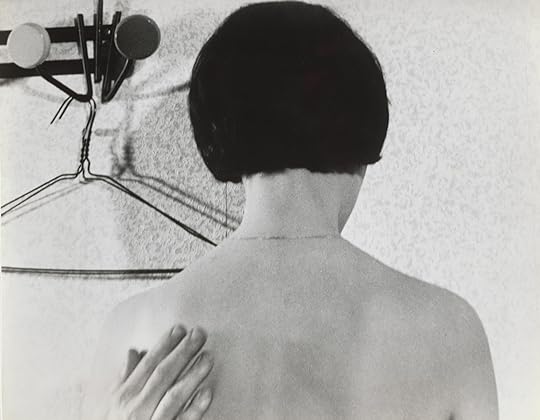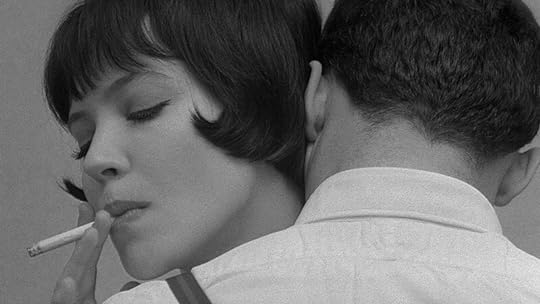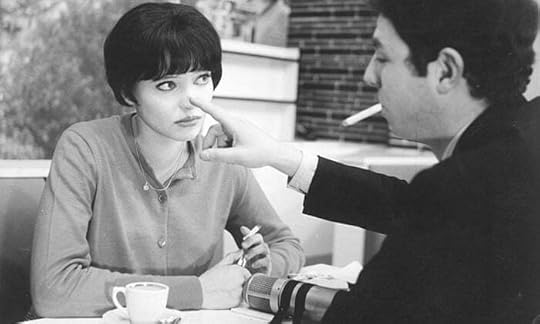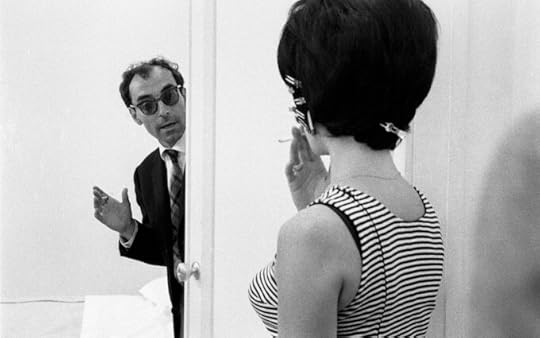What do you think?
Rate this book
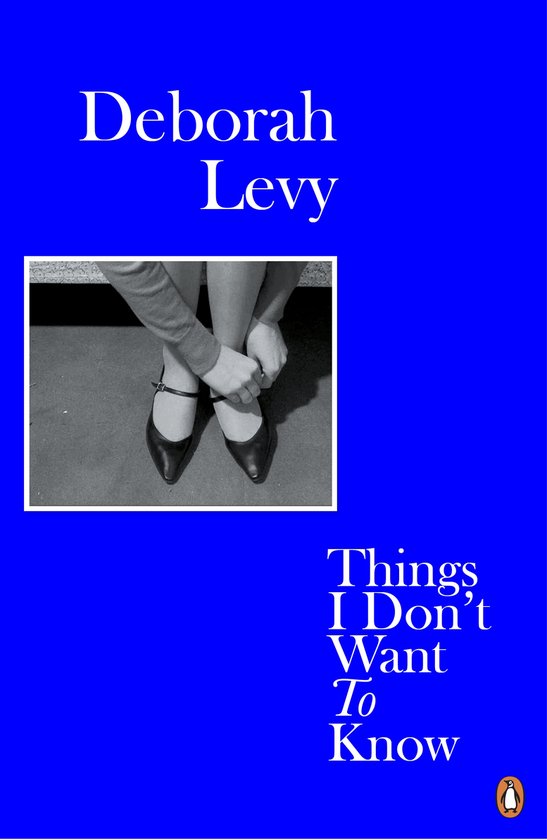

176 pages, Paperback
First published January 1, 2014

"Like everything that involves love, our children made us happy beyond measure- and unhappy too- but never as miserable as the twenty-first- century Neopatriarchy made us feel. It required us to be passive but ambitious, maternal but erotically energetic, self-sacrificing but fulfilled. We were to be Strong Modern Women while being subjected to all kinds of humiliations, both economic and domestic. If we felt guilty about everything most of the time, we were not sure what it was we had actually done wrong.
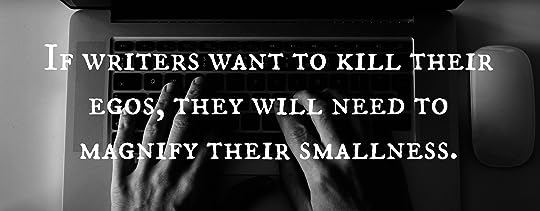
"All writers are vain, selfish, and lazy, and at the very bottom of their motives there lies a mystery. Writing a book is a horrible, exhausting struggle, like a long bout of some painful illness."He divided reasons into"sheer egoism", "aesthetic enthusiasm", "historical impulse" and "political purpose".
"Her massive ego helped her crush delusions about feminists under each of her shoes- which were smaller than her spectacles. When she wasn't too drunk, she found the intellectual energy to move on and crush another one. Perhaps when Orwell described sheer egoism as a necessary quality for a writer, he was not thinking about the sheer egoism of a female writer. Even the most arrogant female writer has to work overtime to build an ego that is robust enough to get her through January, never mind all the way to December."
"No woman is really an insider in the institutions fathered by masculine consciousness" - Adrienne rich.
"That was the weird thing . It was becoming clear to me that Motherhood was an institution fathered by masculine consciousness. This male consciousness was male unconsciousness. It needed its female partners, who were also mothers to stamp on her own desires and attend to his desires, and then to everyone else's desires. We had a go at canceling our own desires and found we had a talent for it, and we put a lot of our life's energy into creating a home for our children and for our men.
If maternity is the only female signifier, we know that the baby on our lap, if it is healthy and well cared for, will eventually turn away from our breast and see someone else. He will see another. he will see the world, and he will fall in love with it. Some mothers go mad because the world that made them feel worthless is the same world with which their children fall in love.
The suburb of femininity is not a good place to live. Nor is it wise to seek refuge inside our children because children are always keen to make their way into the world to meet someone else. Yes, there had been many times I called my daughters back to zip up their coats. all the same, I knew they would rather be cold and free."
"When a female writer walks a female character into the center of her literary enquiry (or a forest) and this character starts to project shadow and light all over the place, she will have to find a language that is in part to do with learning how to become a subject rather than a delusion, and in part to do with unknotting the ways in which she has been put together by the Societal System in the first palace. It's exhausting to learn how to become a subject, it's hard enough learning how to become a writer"
"Writing made me feel wiser than I actually was. Wise and sad”
"Sometimes in life, it's not about knowing where to start, it's knowing where to stop"
